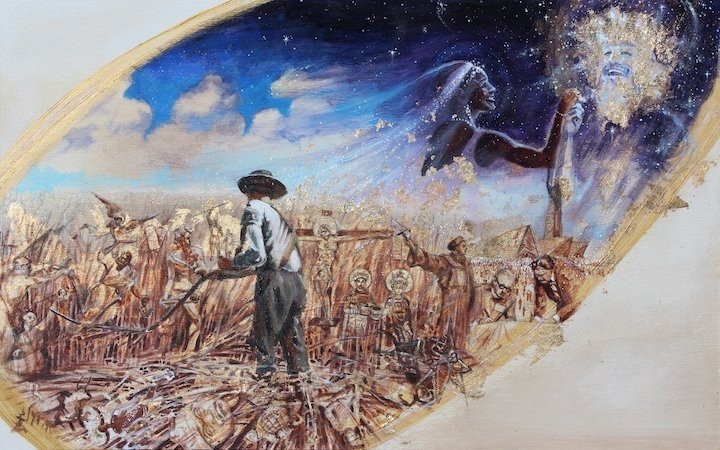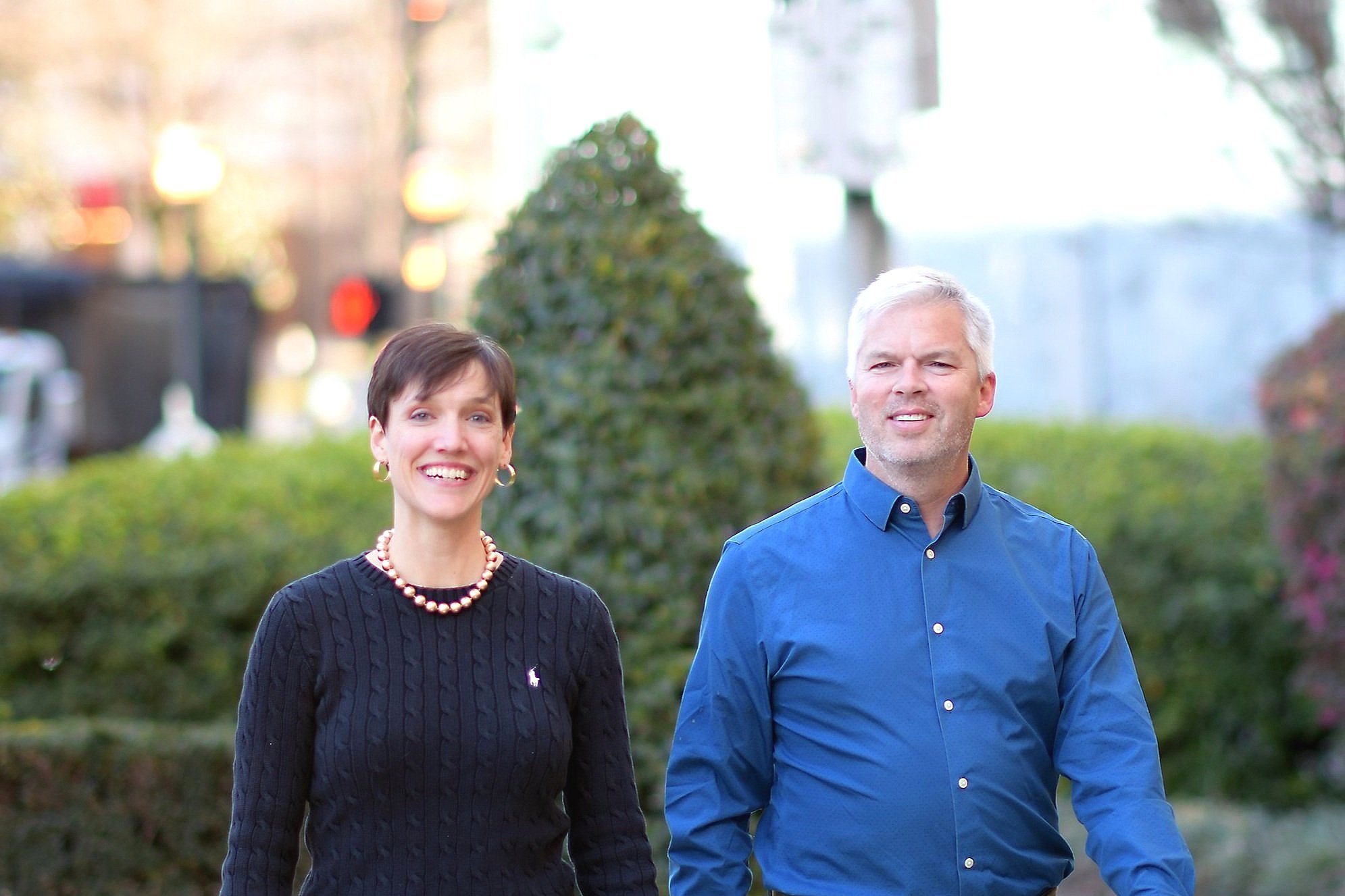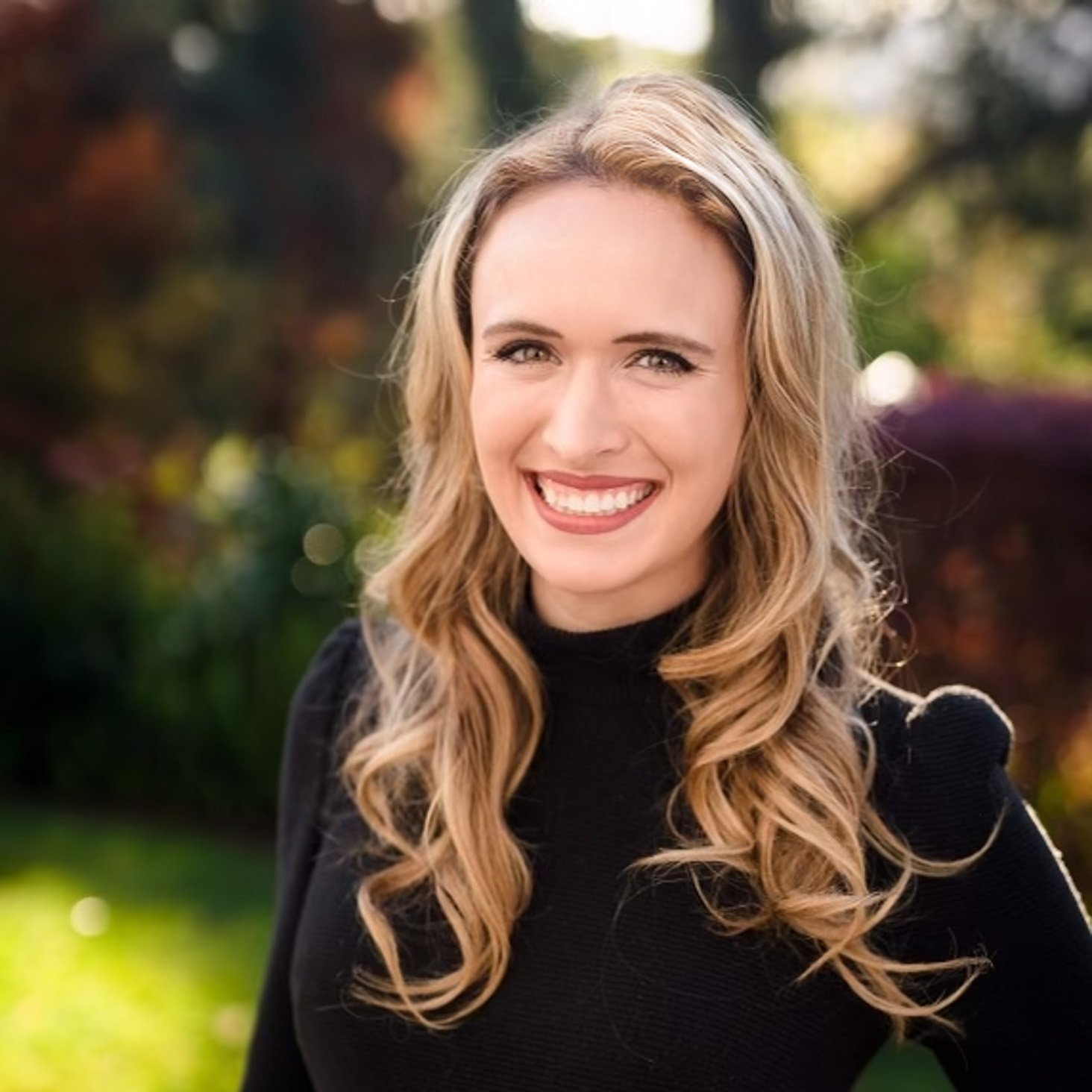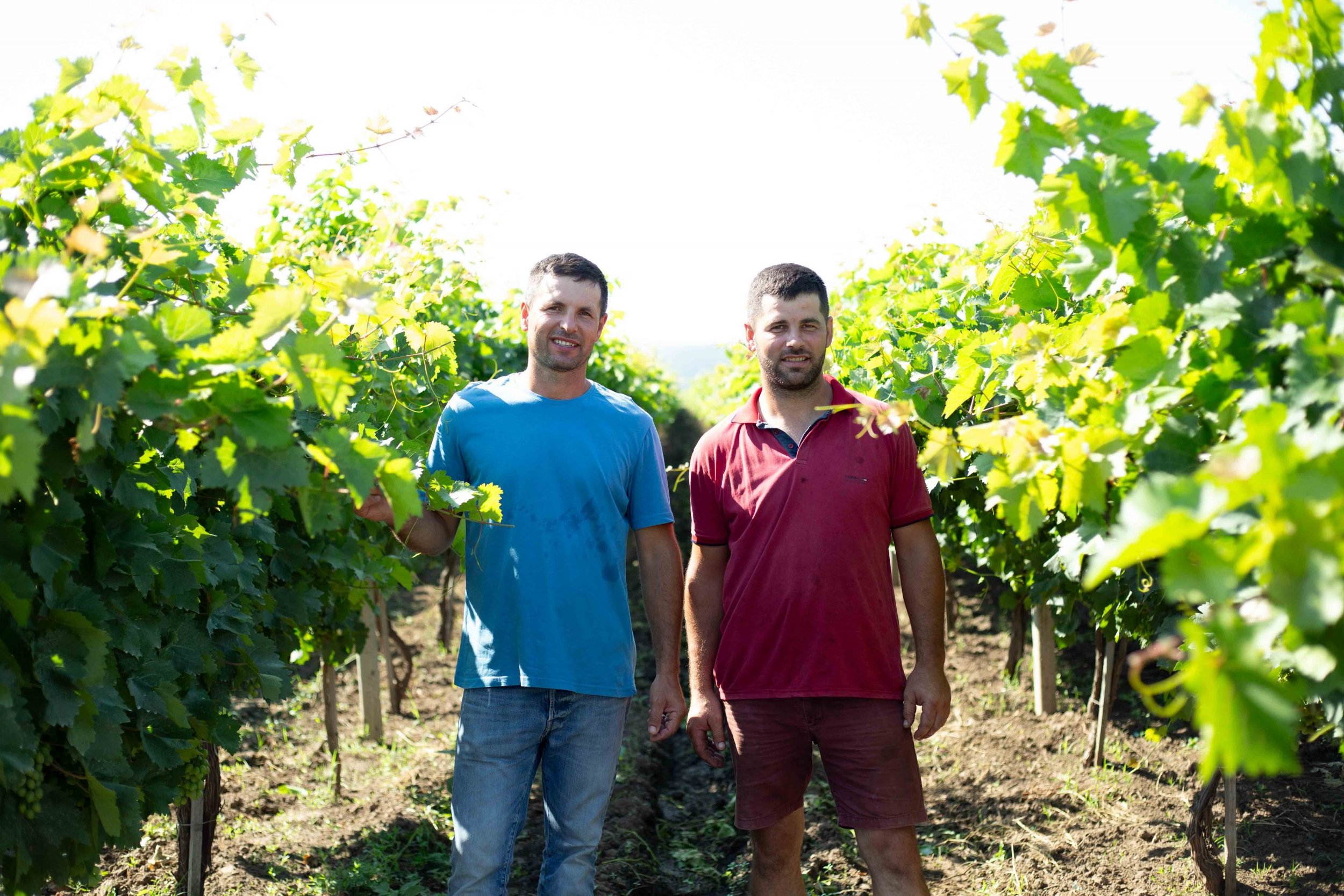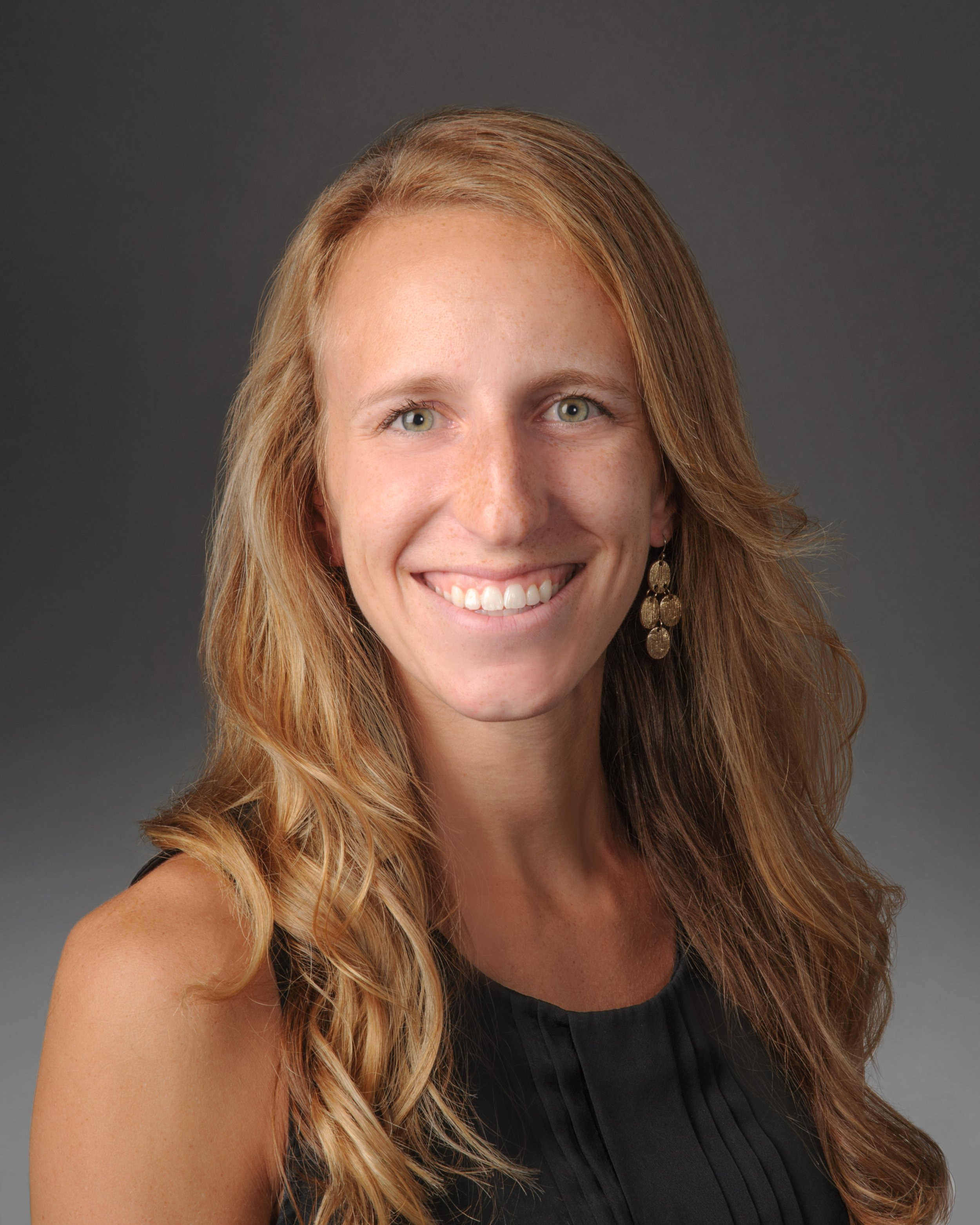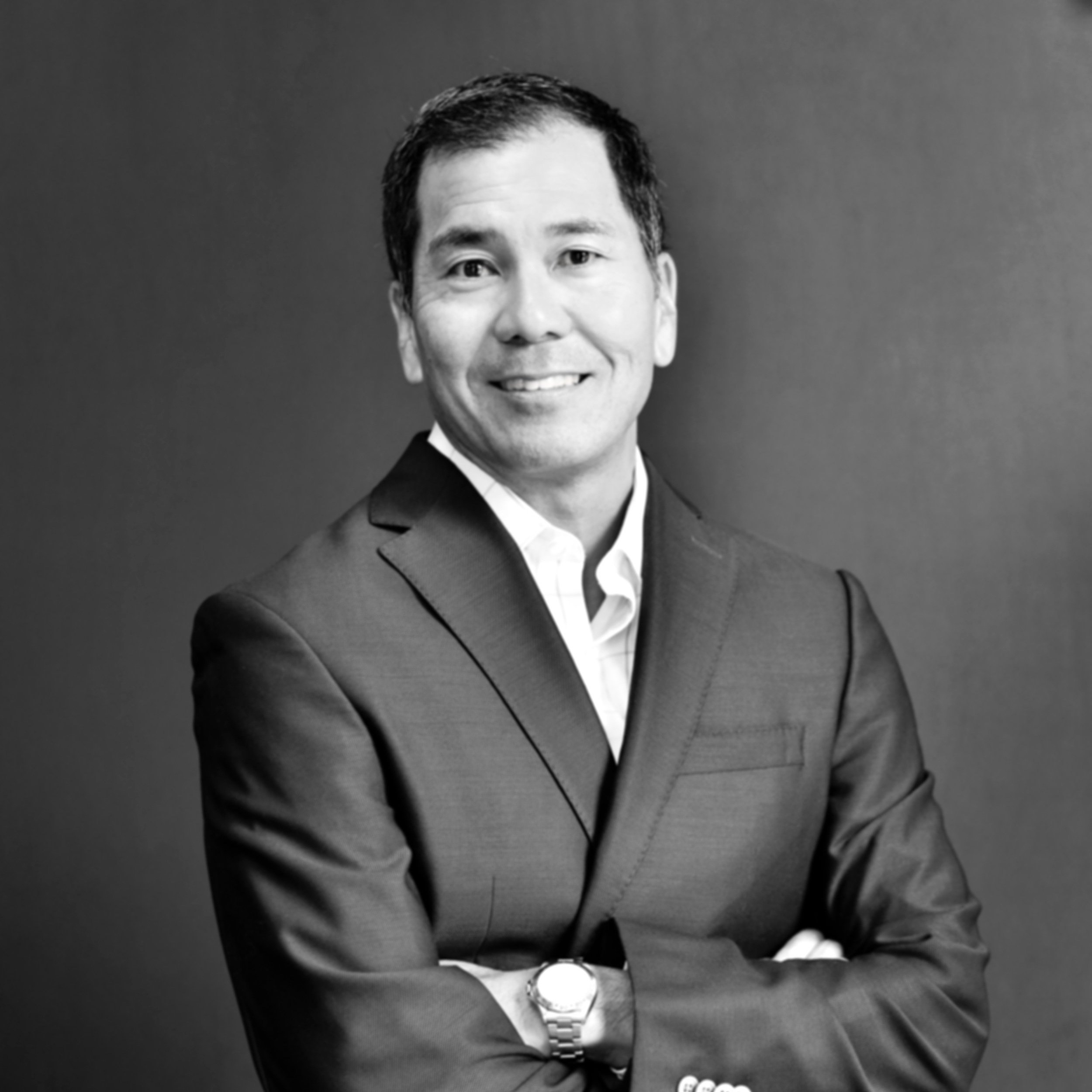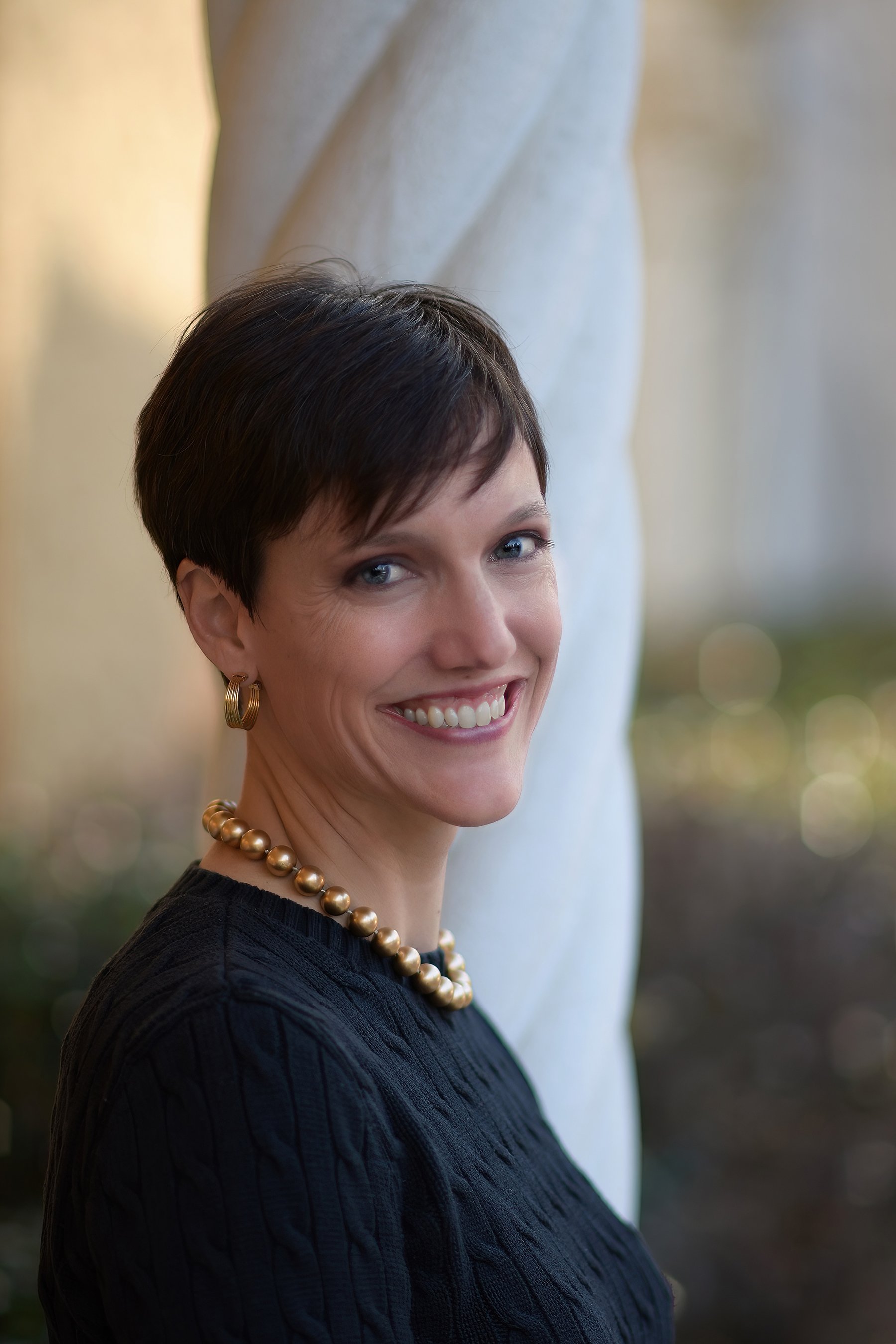Building Bridges of Opportunity
In 2010, Julie Colombino-Billingham built a makeshift bridge out of two-by-fours across a river of garbage. On the other side of the bridge was a safe place to rest while she figured out why God had called her to Haiti. Now, after years of hard work, Julie has established that purpose and formed partnerships with other bridge-builders who will help her carry on her work in Haiti, and eventually the world.
The tent camp in 2010.
Just days after the 7.0-magnitude quake, the ballerina-fundraiser-disaster-responder-turned-entrepreneur flew to Port au Prince with no plan and no exit strategy. She knew she was breaking every rule of proper emergency response. But she could not rest until she got there.
More than 10 years later, she’s still there. Haiti is her home.
When she first arrived, she says “Haiti felt like misery and hope all mashed into a single experience.” She has, since the beginning, focused on the first half of that equation, shunning every opportunity to speak a negative word against a country she’s grown to love and the resilient people who have become her own.
Her first task in aftermath of the disaster was handing out Tylenol to injured people facing amputations. She knew this wasn’t why she was there. When she cried out to God for direction, the response she heard was clear: “Julie, for once in your life, don’t do. Just listen.”
Over the next few days, she worked distributing water and tarps, and she listened. On one of those days, a woman walked up, put her hand on Julie’s arm and said (in Creole), “White lady, I don’t need water. I need a job.”
It struck her that this was the message she was listening for. She became obsessed with the message and the seed of an idea it had planted. This was it.
She flew home, sold her house, quit her job and returned to Haiti with $7,000 to her name. Now she had a better tent but still no plan for creating jobs in Haiti.
Until she met Jolina Desroches.
A Bridge to the Community
Jolina had started an orphanage for kids who’d lost parents in the earthquake. She was stoic and brave, funny and kind. Though she’d lost her home and small business in the disaster, this resilient Haitian woman was managing to take care of herself and other people’s children. But the supplies were growing short, and Jolina couldn’t feed anyone without a paycheck.
This fact, and this woman, led Julie to both the needs of the Haitian people and the resources to meet them.
The two women – scrappy, determined and possessing mountains of ingenuity – began to brainstorm. Julie had seen people make sandals out of tires in Malawi. Haiti had tires everywhere, Jolina said, and no way to dispose of them. This refuse, just polluting the environment, became a free resource and raw material for their burgeoning business.
Jolina had worked in a factory and knew how to sew. Julie found a tire-shoe pattern on the internet, and they began to work. Never mind that neither woman knew anything about making footwear.
“We decided that day that we were going to take back everything the earthquake had stolen,” Julie says. They built a job-training center out of a tarp and plywood they’d found in the streets. They began cutting up rubber with razor blades. They went to work, every day, and others joined them. After 10 months, they’d created a prototype.
The sandal design was a start, but not a great one. “Not only were they ugly,” Julie says, “but they were uncomfortable and heavy, and when the sun hit them, they’d burn your feet.” But going to work each day allowed them to grow and invent. It gave them the resolve to keep trying.
Over time, the prototypes got better and others with skills joined them. Julie had a master’s in nonprofit management, so she made the obvious choice to start a charity.
Julie was raising money for a job-training program – not yet realizing that, in a country with an 85 percent unemployment/underemployment rate and a decimated infrastructure, graduates of the program had new skills but nowhere to put them to use. “We needed to create the other side,” she says.
Deux Mains original workshop
So Rebuild Globally, the charity, became an incubator for a for-profit business. Deux Mains (“two hands” in French) grew to be a social-impact factory that handcrafts sustainable fashion. Shop the beautiful products!
Over the next decade, the work begun by Julie and Jolina’s four hands would add up to jobs that pay 220 percent of the Haitian minimum wage, as well as health insurance, paid vacation, paid maternity/paternity leave, and more. These benefits provide a path to prosperity for every person who comes through their programs.
A Bridge to Funding … and Encouragement
Suzanne Daniel, had seen the shoe-making shack by the side of the road on her visits to Haiti. She’d visited Rebuild Globally. “All the time I was back and forth to Haiti,’ Suzanne says, “Rebuild Gobally and Julie … they were still there.”
But when she was invited on a tour of the factory in 2019, she couldn’t believe her eyes. “That little sandy plot where I saw sandals being made is a factory?” Suzanne was surprised … and impressed. “It was mind-blowing.”
The factory was upstairs on a second floor, away from the roadside noise typical of businesses in Haiti. “It felt like a sunny, calm, oasis away from all the overwhelming senses that is Haiti,” Suzanne says.
Deux Mains factory in Port au Prince
There were roomy, individual workspaces and high ceilings providing natural light, state-of-the-art equipment, sewing machines and room to add more. “Each artisan was eager to share what they were working on, all while beaming with pride,” Suzanne says. “It was clear that every person there felt this was their celebration on factory-grand-opening day!”
The idea of being part of an impact business was drawing Suzanne in. She felt a tug on her heart. “I just felt like the Lord was saying, ‘If not us, then who?’”
Though she was the daughter of an entrepreneur, Suzanne didn’t know a lot about investing in social enterprises herself. But she’d grown to care deeply about Haiti too. And as a philanthropist, she was there to make a difference.
Suzanne and her daughter-in-law Jackie at Deux Mains’ factory
That afternoon over coffee, Suzanne had a chance to chat with Julie about the business Julie and Jolina had started and the needs they still had. At dinner that night, Suzanne was serendipitously seated across from Julie’s husband, Billy.
Suzanne shared that her family was just starting to dabble in entrepreneurship. Her son, still in his teens, had started a business. Her husband, a veterinarian, was considering buying his own practice. “Billy was so encouraging,” Suzanne says. “He was just breathing all this life into my ideas.”
This visit to Haiti clearly wasn’t just about philanthropy. “There was a lot pointing me to impact investing,” she says. “But I really didn’t know how to do it.”
God was bringing all these experiences together, Suzanne says. “But there was a huge chasm between Julie and me as entrepreneur and investor.” She wanted to invest in Julie, and Julie needed investors. But Suzanne’s resources were tied up in a foundation, and she had no idea how to make it happen.
A Problem-Solver and a Mentor
Once back in the states, as Suzanne sought answers, Impact Foundation kept coming up in nearly every conversation. So when she ran into Aimee Minnich at The Gathering, she asked if what she was wanting to do was even possible.
“I have charitable funds in a foundation,” Suzanne explained. But she didn’t know how to invest them into a business, and all of her investments were managed for the foundation.
Impact Foundation could put all those pieces together and reach out to Julie as well, to mentor her in business. Even with all of Julie’s hard work, Deux Mains needed a bit of help before it was ready for investment.
Both Suzanne and Julie say they see Impact Foundation as a bridge over a chasm they couldn’t cross. “Whenever I think of Impact foundation, it’s across a river,” Suzanne says. “Sometimes it’s a rope swing, but it gets us across.”
Suzanne grew up aware of her dad’s generosity, but she only recently began to understand that he had also helped a lot of people start businesses. She loved the idea of continuing his legacy but scoffed at the idea, initially doubting she had the knowledge and experience to tackle it.
A friend who prayed with Suzanne told her she saw her stepping into a calling, a legacy her father had left her. “I’d never heard someone say that you’re handpicked to do a thing,” Suzanne says. She hadn’t considered before that God had given her a gift for supporting businesses.
The leadership team of Deux Mains at their factory in Haiti.
Being a woman in the impact-investing space can feel like a lonely journey, Suzanne says. And it’s a journey she wishes more women would join her on.
There is so much to learn, and it can seem as if everyone in the room already understands things like “pref return,” IRR calculations, valuation caps, and the right place to use a convertible note. “I’ve observed that no one really understands it all right away,” Aimee says. “But women are usually more comfortable admitting it and asking for help.”
Impact investing needs more women participating and leading in the space. Just as many women in philanthropy could benefit from impact investing. Suzanne thinks a lot of women are making grants because it’s all they know, and if they knew they could be supporting entrepreneurs, like she’s doing, they’d probably be doing it.
The relationship between Suzanne as investor and Julie as an entrepreneur is a great example of the important role women can play. Julie says Suzanne’s support and friendship keep her going. “I’ve been doing this for 10 years, but it’s because of Suzanne’s fearlessness in business that we’re here.”
Suzanne’s friendship and support as an investor is breathing new life into Julies work. “I would sit in CEO circles,” Julie says, but she never really found peers. No one else had experienced a cholera outbreak or had suffered dengue fever. While they were thinking about sales targets and cash flow, Julie was thinking about her manager who hadn’t been able to shower for a week and what she could do for her employees who weren’t going to eat.
“It was business-to-business, but the businesses weren’t equal,” Julie says. They couldn’t relate to her or help with what she was going through. But because Suzanne knows Haiti, she can. “Suzanne has provided a kind of support I’ve never felt in a decade.”
It’s not just funds. It’s another woman Julie can talk to who cares about her and the business but isn’t an employee. “A loneliness was removed when we became friends,” she says.
She and Billy made a commitment never to complain about what went wrong. Instead, they wanted to keep highlighting the perseverance of the Haitian people. But from a business perspective, she could never share how bad it would sometimes get fiscally and how many times she and her husband had to bail things out. “When Suzanne and I became partners in this, I wasn’t alone anymore,” she says.
Suzanne has helped Julie navigate relationships with new partners and investors as well. “She’s a bridge maker too,” Julie says.
“Julie is doing something that I can’t do,” Suzanne says. “And she doesn’t have what I have. It’s an equal partnership. I hope, because of that … that she can trust me with the hardest things and know it’s not gonna scare me away.”
And, through working with Julie, Suzanne has a training ground to learn about impact investing, so she can do more of it in the future. “It’s teaching me something new, changing the dynamic.”
Sustainable, Scalable and Transferrable
What Suzanne and Julie are doing – with the help of so many others – is a model. Julie believes job creation is the future of poverty eradication in the world, and she wants to see this business model implemented in other countries, like Syria or Afghanistan. “If it can happen in Haiti, it can happen anywhere.”
Next steps
Explore impact companies already on our platform to get an idea of what is possible
If you have a project in mind that you’d like to support, contact us
To get connected with others involved with faith-driven investing, check out Faith Driven Investor.
Shop Deux Mains







